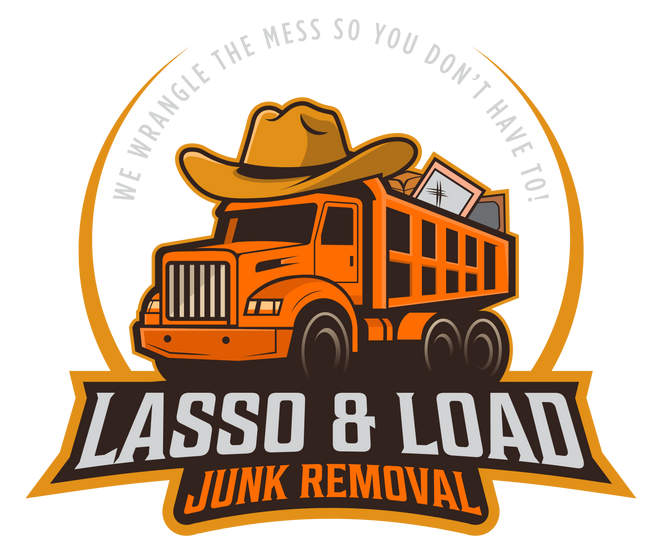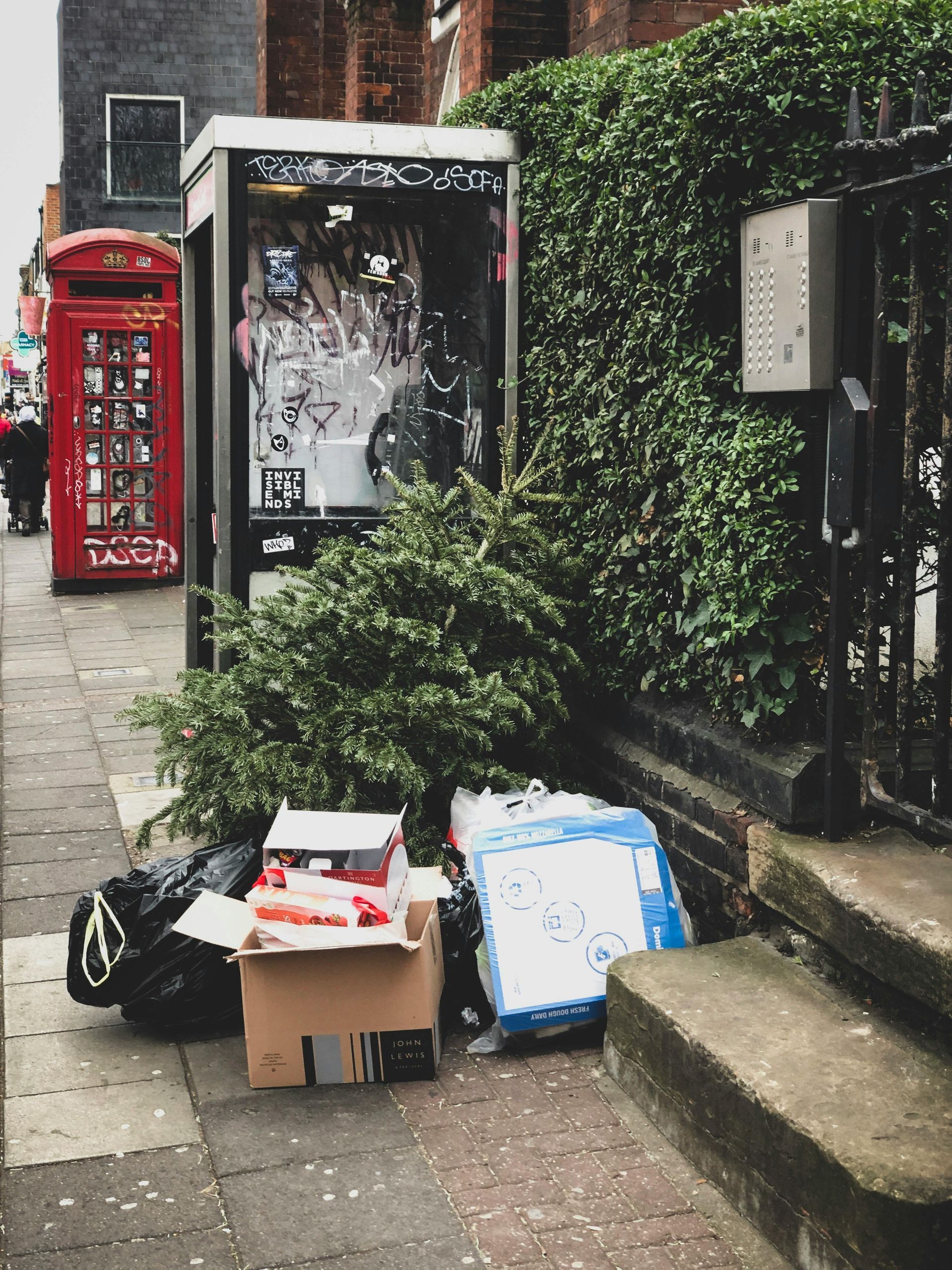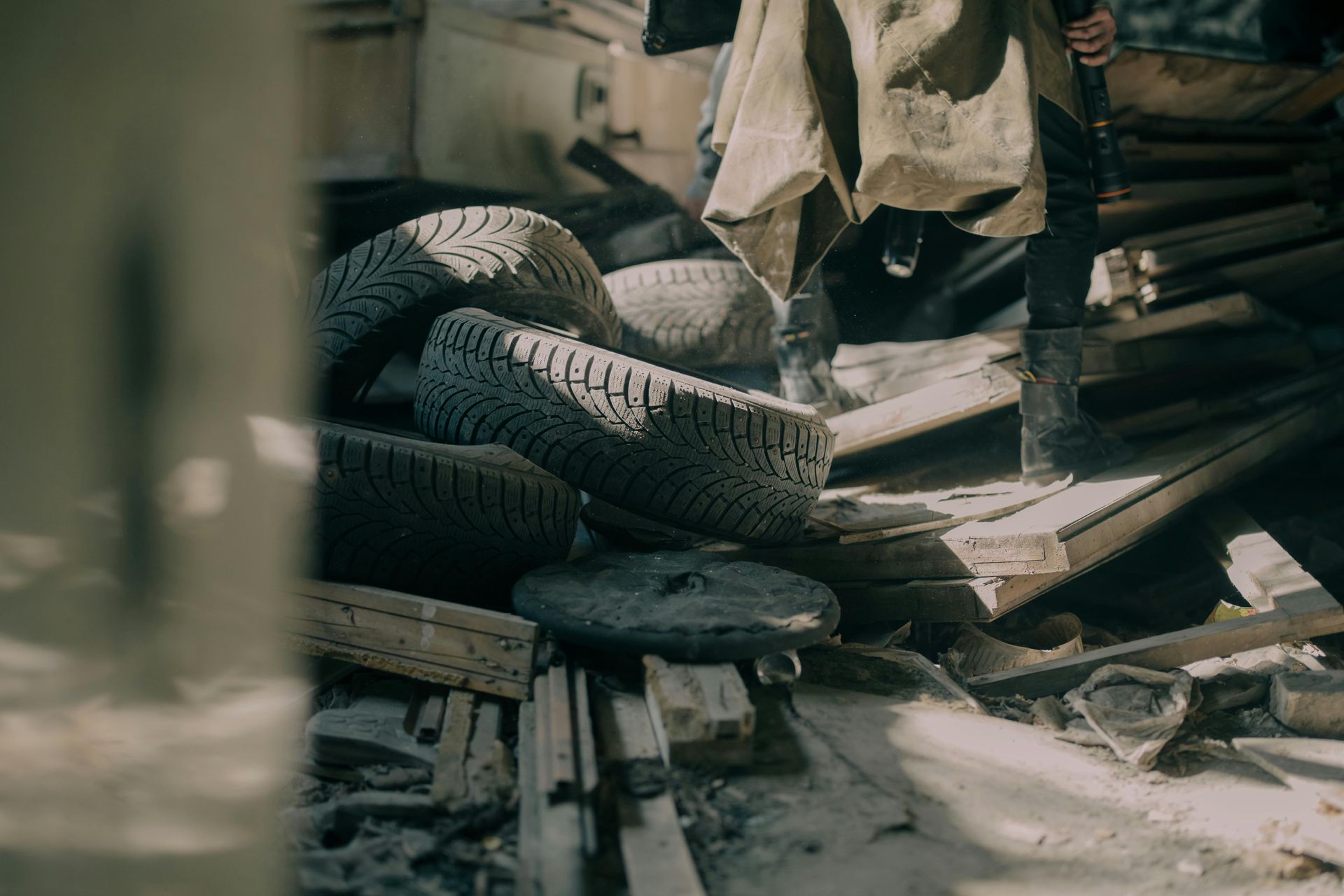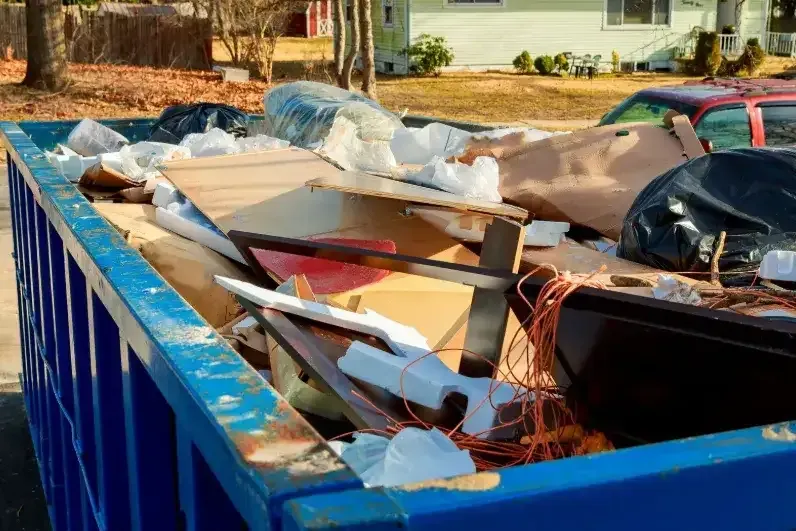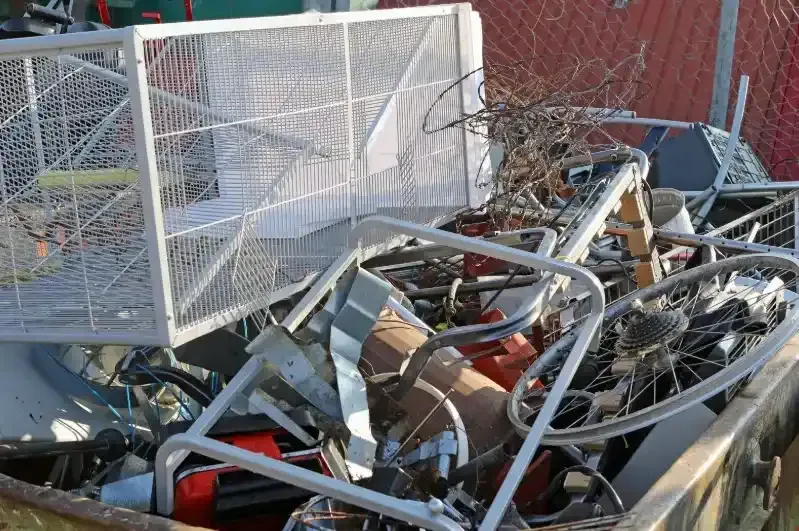How Recycling Metals Reduces the Need for Mining and Conserves Resources
In today’s rapidly evolving world, the call for sustainability is louder than ever, pushing society to reevaluate how we interact with and consume the Earth’s finite resources. Among the leading causes of environmental degradation is the mining industry—particularly metal extraction—which often leaves deep scars on ecosystems, depletes water sources, and releases harmful pollutants into the air and soil. Mining is not only energy-intensive, but it also accelerates habitat destruction and contributes heavily to climate change.
However, recycling metals presents a powerful alternative. By collecting and reprocessing discarded metals, we significantly reduce the need for new mining activities. This process not only conserves raw materials but also minimizes greenhouse gas emissions and energy consumption associated with traditional metal production. Rather than allowing valuable metals to pile up in landfills, recycling gives them new life, supporting a more circular economy. In doing so, we protect the environment while making smarter, more responsible use of our planet’s resources.
The Environmental Cost of Mining
Mining is an inherently disruptive practice. Whether it’s for gold, copper, iron, or aluminum, extracting metals from the earth requires large-scale operations that often lead to habitat destruction, soil erosion, and water contamination. The chemicals used in mining processes, such as cyanide and mercury, can leak into surrounding ecosystems, poisoning both plant and animal life. Additionally, the sheer scale of mining operations contributes to significant carbon emissions, as heavy machinery and transportation vehicles burn fossil fuels to move extracted materials. The mining process doesn’t stop at just the removal of raw materials. After the minerals are extracted, they must go through refining, which often involves energy-intensive processes such as smelting and chemical treatment.
These steps can produce air pollution, toxic waste, and additional environmental damage. One of the most critical concerns with mining is the depletion of natural resources. As we continue to extract metals from the earth, the reserves of easily accessible ores are dwindling. This means that, in the future, we will likely have to turn to more remote and difficult-to-reach places for mining, further exacerbating the environmental impact. These challenges underscore the urgent need for more sustainable practices like metal recycling.
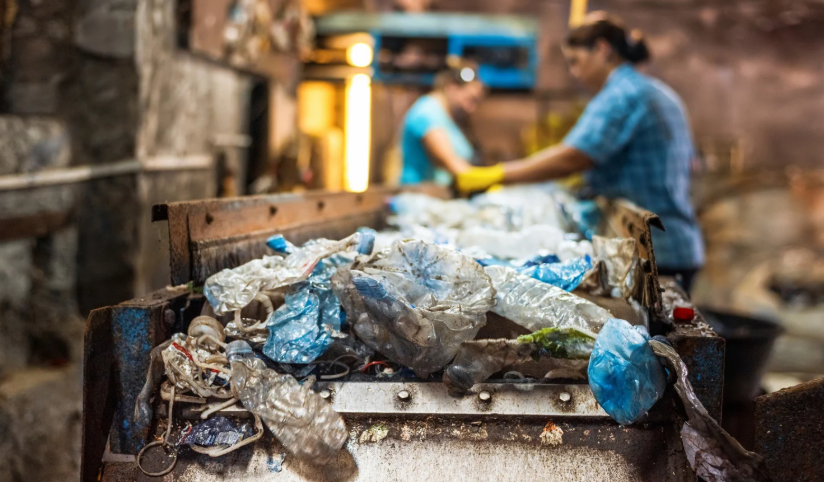
The Role of Recycling in Reducing Mining Demand
Recycling metals offers a highly effective way to mitigate the negative environmental impacts of mining. When metals are recycled, they are reprocessed into new products, bypassing the need to extract and refine new ores from the earth. This is a far more efficient process in terms of both energy and raw material use. One of the major benefits of metal recycling is that it significantly reduces the need for mining. For example, aluminum is one of the most commonly recycled metals. In fact, it takes only about 5% of the energy to recycle aluminum compared to producing it from raw bauxite ore.
This reduction in energy usage means fewer greenhouse gas emissions, contributing to a decrease in the overall carbon footprint of aluminum production. The recycling process also reduces the need for new mining operations. With each metal item that is recycled, fewer new resources are required to satisfy demand. In this sense, recycling helps to "close the loop" of production and consumption, ensuring that materials are reused and not discarded prematurely. By recycling, we reduce the pressure on mining industries to expand operations, which ultimately leads to fewer environmental disruptions.
How Recycling Works
The recycling process is relatively straightforward but varies slightly depending on the type of metal being processed. In general, the process begins with the collection and sorting of metals. Many scrap yards and recycling facilities are equipped to handle a wide variety of metal types, including ferrous (iron-based) and non-ferrous metals like aluminum, copper, and stainless steel. Once the metals are collected, they are cleaned to remove any contaminants, such as dirt, grease, or other materials that may have been attached to the metal. After cleaning, the metals are melted down at a recycling plant.
This step is where much of the energy savings are realized. For example, aluminum, which requires massive amounts of energy to produce from ore, can be melted down with a fraction of the energy required to extract it from the ground. Once the metal is melted, it can be molded into ingots, sheets, or other forms that are suitable for manufacturing new products. These ingots can be used to create everything from aluminum cans to car parts, reducing the need to mine and refine new raw materials.
The Benefits of Metal Recycling
The benefits of metal recycling extend beyond the obvious environmental gains. The process offers a range of advantages that support both the economy and society. First, recycling metals can conserve non-renewable resources. As mentioned earlier, natural resources are finite, and the more we recycle, the less we need to extract from the earth. By recycling, we ensure that metals are used more efficiently and can be reused multiple times without losing their value or properties.
Second, recycling metals contributes to job creation. The recycling industry itself employs thousands of people, from those who collect scrap metal to those working in recycling facilities and those involved in the transportation and sale of recycled materials. This sector also creates economic opportunities in local communities, particularly in areas where mining and manufacturing operations are limited or no longer viable. Moreover, recycling metals helps reduce the volume of waste sent to landfills. Metals can take centuries to decompose in landfills, and many types of metal pollution, like lead and mercury, can contaminate soil and water. By recycling metals, we reduce the burden on landfills and ensure that fewer harmful substances are left to degrade the environment.
The Future of Metal Recycling
As the demand for metals continues to rise globally, the importance of metal recycling will only grow. One promising trend is the increasing integration of technology into the recycling process. Advanced sorting systems, such as AI-powered robotics, can identify and separate different types of metals with greater accuracy and speed. These innovations can help streamline the recycling process, making it more efficient and cost-effective.
Additionally, there are efforts underway to improve the recycling rates for metals. For example, many regions are increasing their focus on the collection and recycling of electronic waste, or e-waste, which contains valuable metals like gold, silver, copper, and rare earth elements. By recycling e-waste, we not only recover valuable materials but also reduce the harmful effects of improperly disposed electronics.
However, the success of these efforts will depend on continued public awareness and participation. Recycling programs must be accessible and convenient, with clear guidelines on what can and cannot be recycled. Public education campaigns can also help reduce contamination in recycling streams, which can significantly affect the quality and value of the recycled metal.
The Economic Impact of Metal Recycling
In addition to its environmental benefits, metal recycling plays a crucial role in the economy. By reducing the need for new mining operations, recycling helps lower the costs associated with raw material extraction. This, in turn, makes products manufactured from recycled materials more affordable and accessible to consumers. The economic impact of recycling also extends to the global market for scrap metal. Many countries rely on the import and export of scrap metal to meet their industrial needs.
In some regions, the demand for recycled metals has led to the development of robust scrap metal markets, creating jobs and economic activity in both developed and developing countries. Furthermore, metal recycling can help stabilize metal prices. When demand for metals fluctuates, recycling provides a more reliable and sustainable source of raw material, reducing the volatility that can occur in global markets due to shifts in mining output.
Social Implications of Metal Recycling
Beyond the environmental and economic dimensions, metal recycling carries subtle but important social implications. Think about the mining communities—often located in economically underdeveloped areas—where workers face harsh, hazardous conditions and minimal compensation. The push for raw metal extraction has, historically, been linked to exploitative labor practices, land displacement, and, in extreme cases, even conflict. These issues rarely surface in glossy brochures or corporate reports, but they cast long shadows.
By supporting the recycling of metals, we begin to decouple ourselves from these systems. When fewer new mines are necessary to meet demand, there's less incentive for companies to cut corners or exploit vulnerable regions. In this way, every soda can, copper pipe, or stainless steel bracket that gets recycled carries with it the potential to ease human suffering somewhere down the line. It may seem like a stretch, but when viewed at scale, the impact is real—and profound.
Conclusion
Recycling metals is not just an environmentally friendly practice; it is an essential strategy for reducing the need for mining and conserving the planet’s valuable resources. By diverting metals from landfills and reprocessing them, we not only save energy and reduce emissions but also decrease the environmental impact of mining operations. The benefits of metal recycling are far-reaching, contributing to the conservation of natural resources, the creation of jobs, and the stabilization of metal prices in global markets.
In a world where sustainable practices are becoming increasingly important, the act of recycling metals serves as a powerful tool for environmental stewardship. It’s a practice that not only helps to preserve our planet but also fosters economic growth and supports future generations in their quest for a cleaner, greener world. If you’re in need of reliable junk removal services in Gwinnett County, look no further than Lasso & Load Junk Removal. We are dedicated to helping you declutter your space responsibly and efficiently. Feel free to contact us at 404-227-2017 or via email at Lauren.renwickk@gmail.com.
